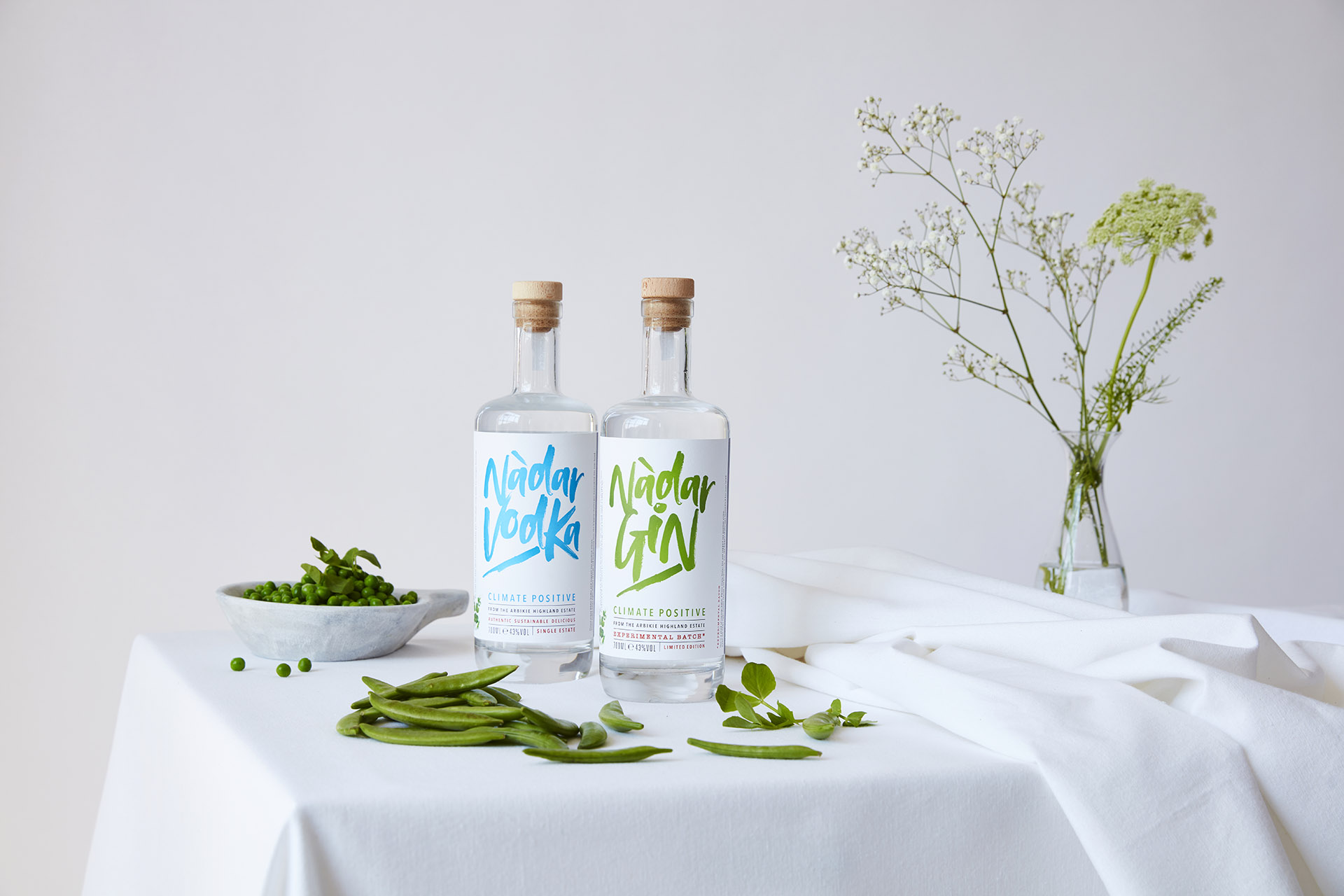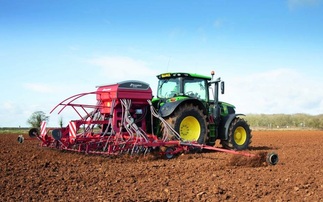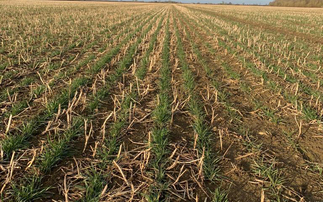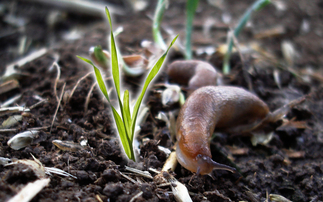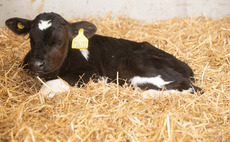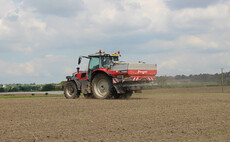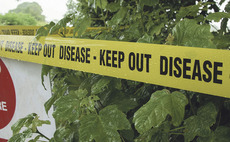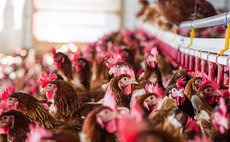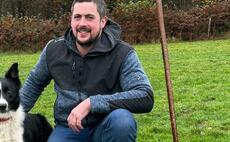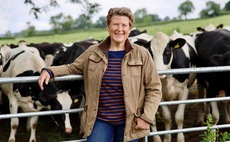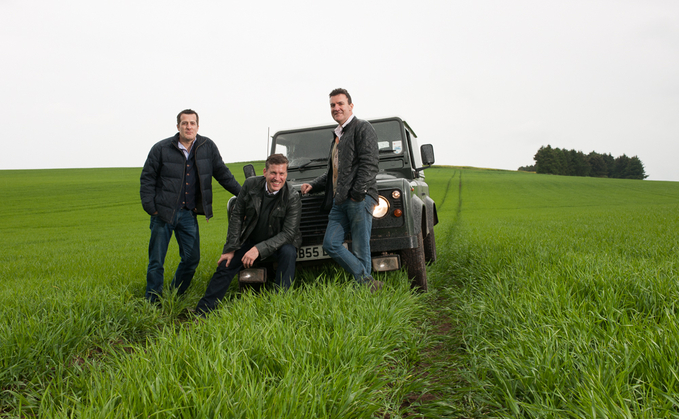
Owners of Arbikie Highland Estate, brothers Iain, David and John Stirling.
Becoming a world leader in the decarbonisation of the whisky and drinks sector has been in the sights of Arbikie Highland Estate in Angus since the Scottish distillery first opened for production in late 2014. Owners, the Stirling family, have been farming for over 400 years, and since the distillery was added nearly a decade ago, they have been focused on developing their ‘field to bottle' model, making it their ambition to grow, harvest and distil everything on-site.
Brothers Iain, David and John identified a gap in the craft gin distillery market, with most distillers buying in grain neutral spirit, and turned this into an opportunity to grow and harvest on-site and also to find a new use for certain crops which were too readily being rejected by supermarkets, such as potatoes. The Stirlings have always grown barley for the whisky industry, but recently started to grow heritage barleys that were grown by their father, Alex Stirling, during his long farming career to both celebrate his legacy and to create a range of whiskies with unique flavours.
They also recently started growing rye, but one of their most successful ventures has been in growing and distilling less conventional crops such as peas, driving the expansion of the global sustainable spirits' market. They say peas offer many benefits, including their ability to fix their own nitrogen, which the Stirlings saw as an opportunity to reduce their reliance on synthetic fertiliser, but also to deliver homegrown sustainable protein by using spent products from the distilling process for animal feed.
Peas
Beginning with Scotland's potato-based vodka, they now claim, Nàdar - which means nature in Gaelic - is the world's first climate positive gin, made from peas, with each bottle saving 1.54kg of CO₂ e. It was created by Master Distiller and scientist Dr Kirsty Black, who developed the gin as part of her PhD with the James Hutton Institute and Abertay University.
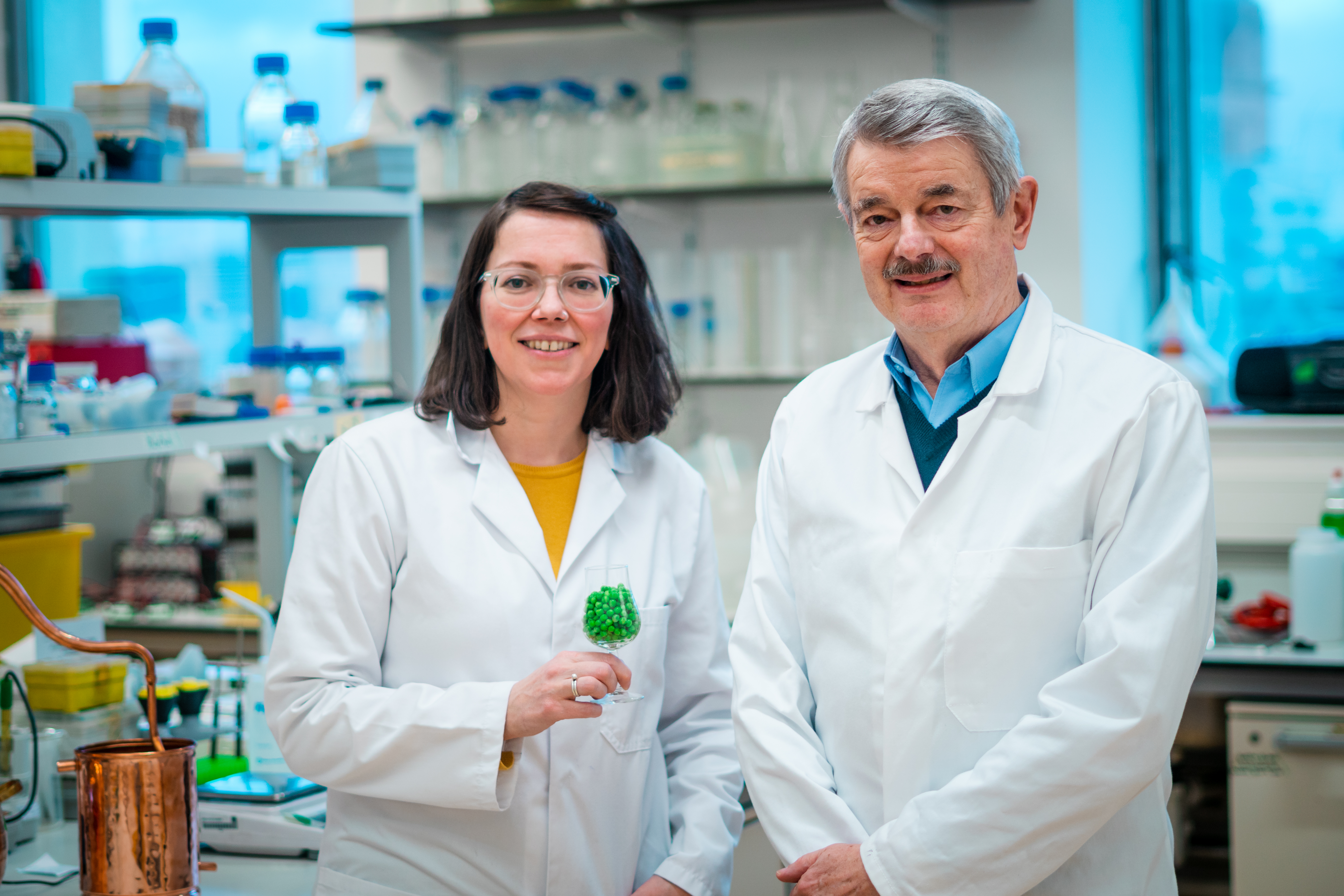
Dr Black, who balanced her studies whilst managing Arbikie, ran small scale trials in the lab to explore the distilling potential of leguminous crops, in particular looking at peas which offer huge benefits for the environment over other raw materials, mainly grain traditionally used in the distilling process.
To bolster their decarbonisation journey, this spring, the Stirlings began installing a green hydrogen energy system at the distillery, which comprises a 1MW wind turbine electrolyser, hydrogen storage and hydrogen boiler system, which will be powered using wind energy. "Our aim is to become one of the most sustainable distilleries in the world, so being able to use green hydrogen power will be another significant step on our sustainability journey and we hope one that will pave the way for other Scottish distilleries to follow," continued Iain. "We know the drinks industry globally will be looking closely at what we are doing, particularly with rising fuel costs and the ongoing drive to improve sustainability - we want to create a good ‘farming to alcohol' story which can be replicated and help decarbonise the drinks sector across the world."
Pressures
Highlighting that pressures are mounting on the drinks industry to improve its sustainability record and Iain hopes the work demonstrated by Arbikie could be replicated and help decarbonise the drinks sector across the world.
He says: "Customers are increasingly demanding more from their produce in terms of sustainability, and we need to be willing to listen to the market and respond," he explained. "We have an amazing farming industry which is very adaptable and innovative and could supply more in that space if distillers were to ask for it.
